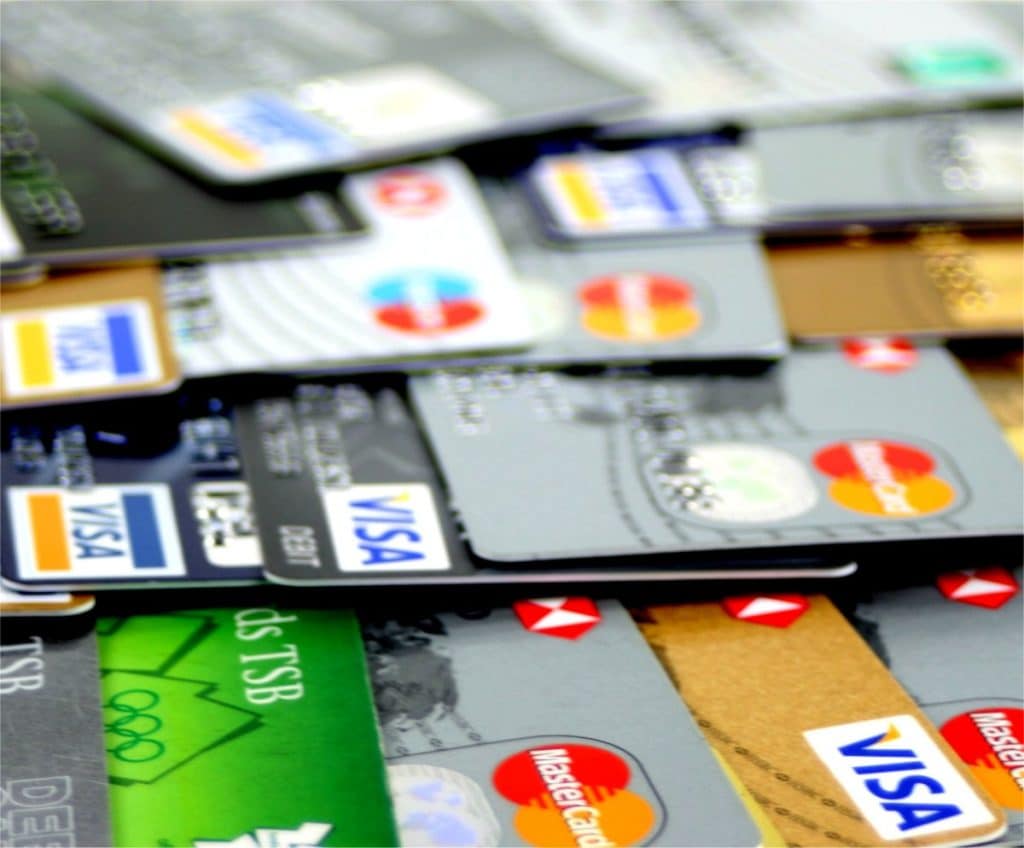Unless you have a major card in your wallet that says “MasterCard” or “Visa” these days, chances are you have a debit or charge card. If it says “MasterCard” or “Visa,” it’s probably not a credit card. Most debit cards, actually, are charge cards. The bank that issued them charges Visa or MasterCard, Visa’s or MasterCard’s, or some variation thereof, a fee of just about zero interest if you borrow money from the card. The point is the same. This type of card is not a credit card; it’s a debit card.
So you have just applied for a card and you’re probably wondering what to do next. First of all, don’t go to your regular bank and ask for this. They probably have a special package for business customers that waives the easiest of problems. However, if they do offer it, you should actually call them and apply for the card there in person.
Next, if you don’t get approved by Visa or MasterCard, or by a bank that specializes in debit card accounts, ask for a secured card. A secured credit card is a card that you, or your financial institution, supply the funds to back up. Your institution, attached to your standard checking account, will send a check for the amount of the credit limit on your card, and you can then use the card for as much as you wish, just as Visa or MasterCard would do for you. These cards usually require a $200 deposit to open the account. If you use the card regularly and don’t abuse it, the $200.00 deposit will be credited to your account and you will be able to increase your credit limit as time passes. Secured cards are the easiest cards to get if you have the credit to back them up.
A good credit rating is important when you apply for a credit card or a new bank account because the line of credit you’re approved for is based, largely, on your credit rating. If you apply for a bank card and have a poor credit score, chances are you’re going to be rejected (although shop around because banks do not always give cards to people with bad credit). It’s a threat every time. It’s going to take a little while, but improving your credit score does work. As your score increases, so too does your line of credit. Another option for improving your credit score is to open a secured credit card if you have money in the bank.
If you can make it until the new card comes in the mail in about a week, then great. Now all you have to do is use it. Before you get that, here’s a tip to increase your credit score: hold on to that money. Use your found secured card to make your normal purchases and pay it off every month. When you get the bill, pay it off in full. You’ll be creditworthy soon.
If you’ve got low or no credit card debt, don’t go out and apply for several credit cards. Get started by paying off your debts while your properties are gathered. Gather all your bills and figure out just how much you owe. Your debt has been cleared, and your credit report will show the balance as zero! Now all you have to do is get your regular card and start re-establishing your credit.
Along the way, don’t forget to check for any new credit card offers, and check your report often. Some accounts at stores are set up to extend “store credit,” and you might forget to ask for the card. Since so many credit cards for people with low credit exist, it’s not only a waste of time and money, but it can hurt you in more ways than one. If you circumvent the process of applying for a card in your regular account and get credit from a store, you’ll still owe that money, but you may not have noticed it because it’s still there, “heads up” the stores.
And once you’ve started using the new card often and responsibly, you can apply for a bankruptcy credit card or another kind of non-bankruptcy credit card to raise your credit score rating. One last thing to do is check your credit report regularly; there are no benefits to procrastination when it comes to your credit rating and score, and I can assure you, whether you do it yourself or let someone else do it, paycheck after paycheck, you’re going to need to get yourself approved for a credit card if you want to stay in business well into the future.





